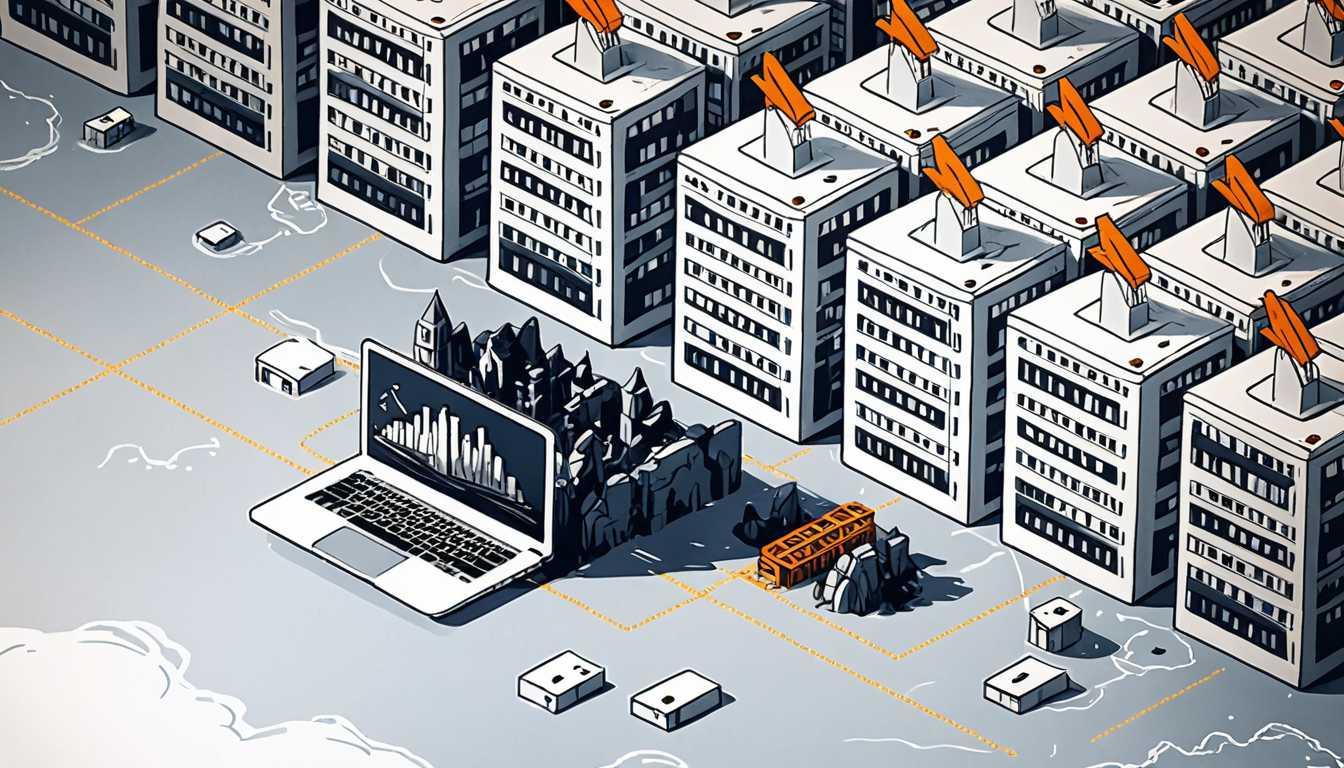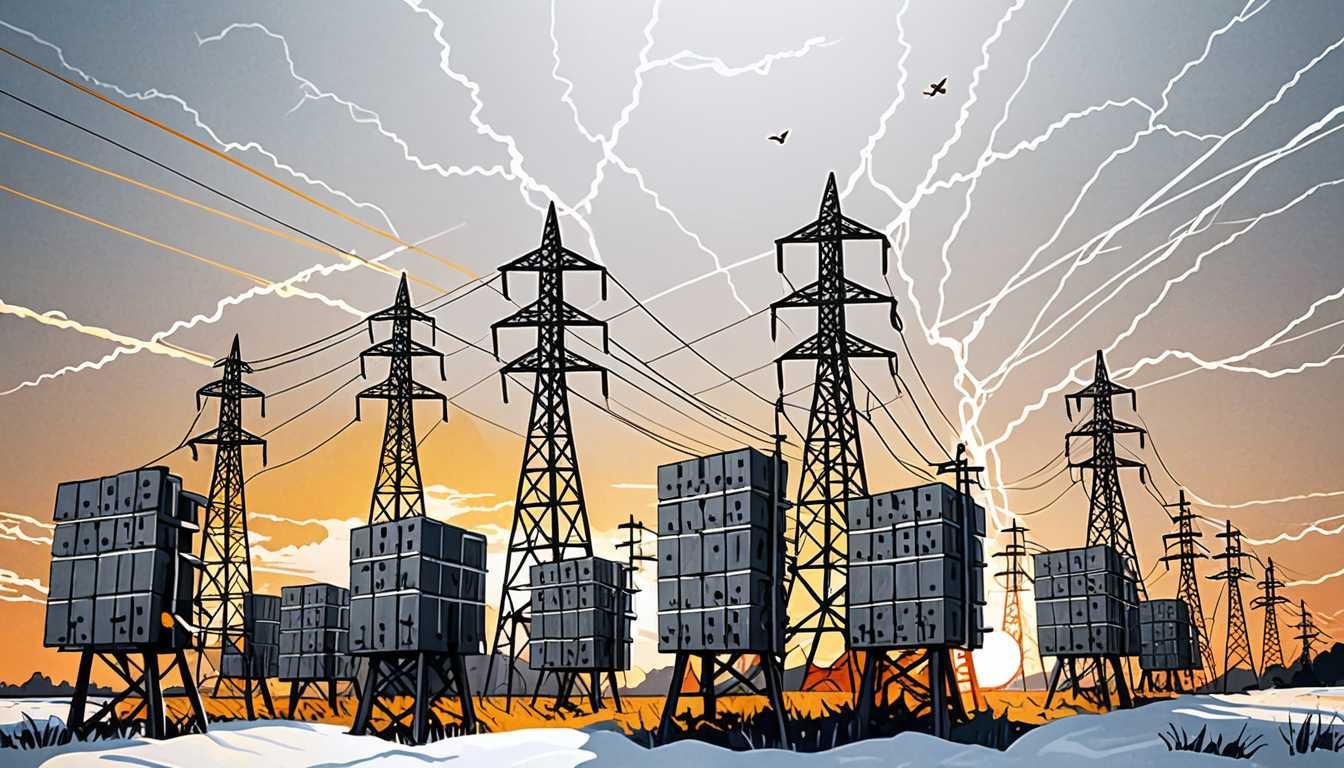Greening AI: The Future of Computing
June 2024
Caltech - Research News
Introduction
Hey there, future eco-warriors! Have you ever thought about how those super-smart AI systems are gobbling up energy? The Caltech article dives into how our computing habits are responsible for up to 3.9% of global carbon emissions. But worry not! With a new $12 million NSF initiative, experts like David Brooks and Adam Wierman are on a mission to cut that footprint by 45% by 2030. Want to know how data centers can actually save energy instead of drain it? Click to explore this fascinating journey toward sustainable computing!
READ FULL ARTICLEWhy It Matters
Discover how this topic shapes your world and future
The Power of Sustainable Computing in a Digital World
In today's tech-driven world, computers and data centers are like the engines of our digital lives, powering everything from social media to artificial intelligence (AI). However, they come with a hefty price tag for our environment, contributing up to 3.9% of global carbon emissions. This is a significant concern, especially with the rising excitement surrounding AI and its energy demands. The new NSF Expeditions in Computing initiative is stepping in to tackle this challenge head-on, aiming to cut computing's carbon footprint by 45% by 2030. This initiative not only seeks to create more sustainable technology but also to reshape our understanding of energy use in computing. For you, as a student, understanding these issues can inspire you to think critically about technology's role in our world and how you can contribute to a more sustainable future, whether through your career choices or personal tech habits.
Speak like a Scholar
Carbon Footprint
The total amount of greenhouse gases produced by an individual or organization, measured in units of carbon dioxide (CO2). It highlights the environmental impact of our activities.
Sustainable Computing
A field focused on designing and using computer technologies in ways that minimize environmental harm, including reducing energy consumption and waste.
Data Center
A facility that houses computer servers and storage systems used to manage, store, and process large amounts of data. These centers are essential for cloud computing and AI but consume a lot of energy.
Embodied Carbon
The total carbon emissions associated with the production and construction of a building or piece of equipment, including raw material extraction, manufacturing, and transportation.
Peak Shaving
A strategy used by utilities to reduce the demand for electricity during peak usage times, often by encouraging users to decrease their energy consumption when the grid is under stress.
Algorithms
Step-by-step procedures or formulas for solving problems, often used in computing to optimize processes and improve efficiency.
Independent Research Ideas
The Role of AI in Environmental Sustainability
Investigate how artificial intelligence can help improve sustainability practices across industries, focusing on energy efficiency and carbon reduction.
Life Cycle Analysis of Data Centers
Explore the environmental impact of data centers from construction to operation, assessing how embodied carbon and energy use can be minimized.
Innovations in Energy Sources for Computing
Research emerging technologies that could power data centers sustainably, such as solar, wind, or even geothermal energy solutions.
Water Usage in Data Centers
Analyze the water consumption of cooling systems in data centers and suggest alternative methods to reduce this footprint while maintaining efficiency.
Community Impact of Data Centers
Examine how the construction of new data centers affects local communities economically and environmentally, and propose strategies for mitigating negative impacts.
Related Articles

AI's Energy Crisis: Powering the Future
December 2024
MIT Technology Review

Generative AI: The Hidden Environmental Cost
January 2025
MIT News

Oceans: The Next Climate Saviors?
February 2023
Scientific American

Powering AI: The Energy Challenge Unplugged
January 2025
MIT News

AI's Carbon Footprint Unveiled
December 2023
MIT Technology Review